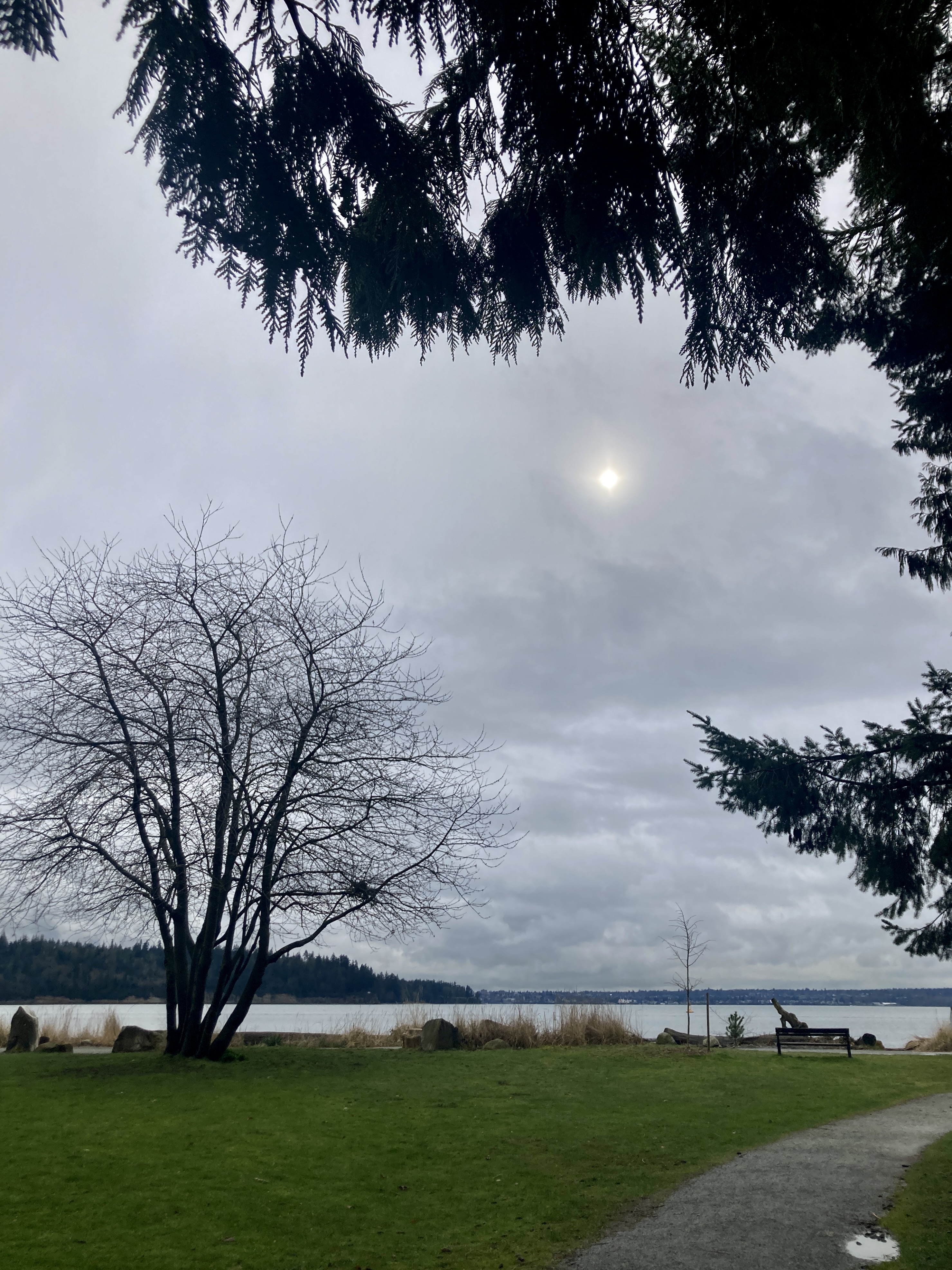It was thrilling to hear Dylan's voice twanging those superb songs overhead and look at photos going back to his early life, but especially his early days in NYC. How thin and pale, androgynous and mysterious he has always been, hidden behind dark glasses, giving nothing away. How miraculous that a young man from Hibbing, Minnesota with a nasal voice, who wrote songs that were way too long and convoluted, should change the world of music. There were film clips, interviews with other musicians, transcriptions of his songs translated into French. What a talent.
So far in Paris, I've seen spiders, Leonardo da Vinci, and Bob Dylan. Not a single Impressionist.
Last night, I had dinner with an old friend of my father's, on the rue Vavin is in the heart of Montparnasse, a stone's throw from the famous cafés ... (from the net -)The Montparnasse cafés were the rallying sites for the so-called ‘Lost Generation’ and for the Surrealists and the Existentialists of Paris. These cafés, La Closerie des Lilas, La Coupole, Le Dôme, La Rotonde and Le Sélect, attracted the likes of Lenin, Trotsky, Hemingway, Scott Fitzgerald, T.S. Eliot, Matisse, and Toklas. Toklas, Hemingway and Fitzgerald seemed to favor La Closerie des Lilas. Jean-Paul Sartre, Josephine Baker, Roman Polanski attracted their ‘family’ at La Couple.
Nearby live this elderly couple - he 90, she a bit younger, both vigorous and full of life - in an apartment designed, built and in the family since 1911, with a vast airy living room and huge balcony overlooking the street; we sat having l'aperitif as dusk fell and eventually ate thick white asparagus, fish and lentils at 9.30 p.m. My father and Claude met in 1945 when they were both 23, Claude a student, and Dad still in the American army. Dad used to invite Claude to dine at the Army self-serve restaurant near the Champs-Elysees, where there was lots of food, a rarity in Paris then. "Un esprit fort joyeux," he said about my father - a very joyful spirit. Oui.
Claude has already written 500 pages of a memoir, so he was interested to hear about my work, and I invited him to come take my course in Toronto. We discussed the "Jewish Shakespeare" book, which I'd brought as a gift, and they put on a DVD for me - a French filmmaker put out an ad asking to meet elderly Yiddish-speaking people for a film he was making. The DVD showed the audition process. It was most moving to see the tremendous pleasure his guests took in speaking their native tongue.
Of course, elderly European Jews all have survival stories; one talked about being sent to a "five star establishment - Auschwitz." And then Annie, Claude's wife, began to talk. In July 1942, she said, she and her Parisian family were warned that the police were coming to arrest them. "My father didn't believe it," she said. "We were French citizens. He joked about it. Sure enough, at exactly the time we'd been told, there was a knock at the door, and we were all taken away to the Vel' d'Hiv." Annie, who was 11, escaped and was hidden in the country through the war. Her parents were put on a train for Auschwitz and never seen again. She was raised to adulthood in a school for Jewish orphans. It was a good place, she said. We were happy.
I wanted to put my arms around her. But you do not embrace a dignified French woman you hardly know, even if she has just brought tears to your eyes.
Later, I read about what she'd experienced: The Vel' d'Hiv Roundup (French: Rafle du Vélodrome d'Hiver, commonly called the Rafle du Vel' d'Hiv: "Vel' d'Hiv Police Roundup / Raid", from the nickname for the Vélodrome d'Hiver ("Winter Velodrome" bicycling racetrack and stadium), was a Nazi decreed raid and mass arrest in Paris by the French police on 16 and 17 July 1942, code named Opération Vent printanier ("Operation Spring Breeze"). The roundup was one of several aimed at reducing the Jewish population in occupied France. According to records of the Préfecture de Police, 13,152 victims were arrested[1] and held at the Vélodrome d'Hiver and the Drancy internment camp nearby, then shipped by railway transports toAuschwitz for extermination. French President Jacques Chirac apologized in 1995 for the complicit role that French policemen and civil servants served in the raid.
The past haunts, over here, in a way it does not at home.
The weather is appalling - dreadfully cold, dark skies, lashing rain and winds. Luckily, my bakery cheers me up; I just bought a large slice of pizza and tarte tatin for dessert tonight, and then some frozen soup from Picard next door - pumpkin, leeks and cream. If all that doesn't cheer me up, nothing will.












Beth, Here I sit checking in for the first time in a long time, from not so sunny today California.
ReplyDeleteAlways moved by what you write, politics, Paris, history... and when you mention, ever so rarely ;), croissants & cheese & cream based soups, I swear I put on happy pounds.
norma
Norma, good to hear from you. I put on happy pounds too! Hope you and your painting are well.
ReplyDelete